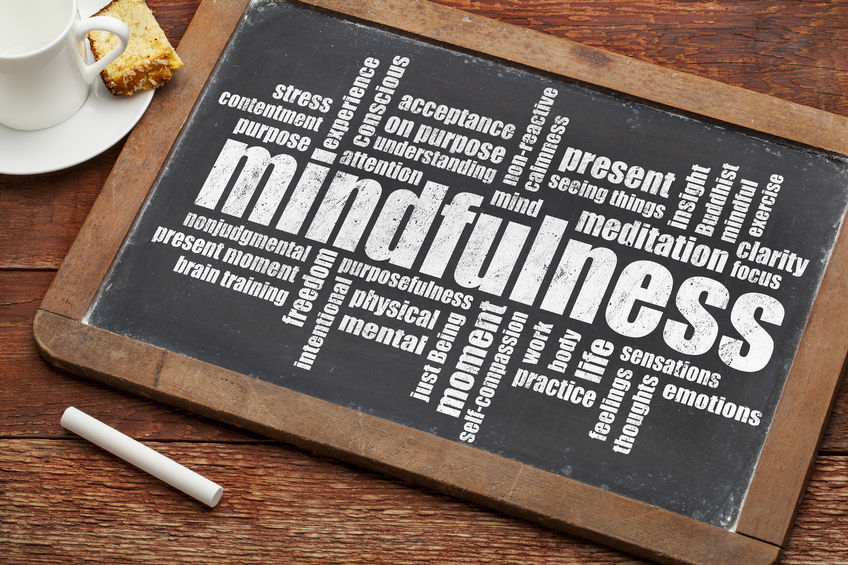Shutting your brain down for sleep after an intense day of commuting, deadlines and a lengthy to-list can seem nearly impossible. While mindfulness meditation has been recommended as an overall relaxation tool, new research is highlighting its ability to help older adults with moderate sleep disturbance issues improve their sleep habits and shut-eye.
Published in the online journal JAMA Internal Medicine, the article cited that sleep disturbances, or nighttime awakenings, are a public health concern for the aging population, with 50% of people over the age of 55 struggling with a sleep problem.
Lead author Dr. David S. Black and his colleagues conducted a small study in 2012 with 49 volunteers with an average age of 66. While 25 of study participants participated in a sleep hygiene education (SHE) program, the other 24 participants underwent a standardized mindful awareness practices intervention (MAPs). The results were measured using a self-reported questionnaire of sleep disturbances, known as the Pittsburgh Sleep Quality Index (PSQI).
After the interventions, the participants in the MAPs group reported significantly more improvement regarding their snooze, including insomnia, depression, fatigue severity and fatigue interference, compared to the SHE group.
“According to our findings, mindfulness meditation appears to have a role in addressing the prevalent burden of sleep problems among older adults by remediating their moderate sleep disturbances and deficits in daytime functioning, with short-term effect sizes commensurate with the status quo of clinical treatment approaches for sleep problems,” the study authors shared.
Poor sleep has been linked to a reduced quality of life, including depression, fatigue, and disturbed mood, along with serious health risks such as heart disease, cancer, diabetes, obesity and an earlier death. Try beating your sleep woes this week with some easy mindfulness meditation practices!


No comments yet.